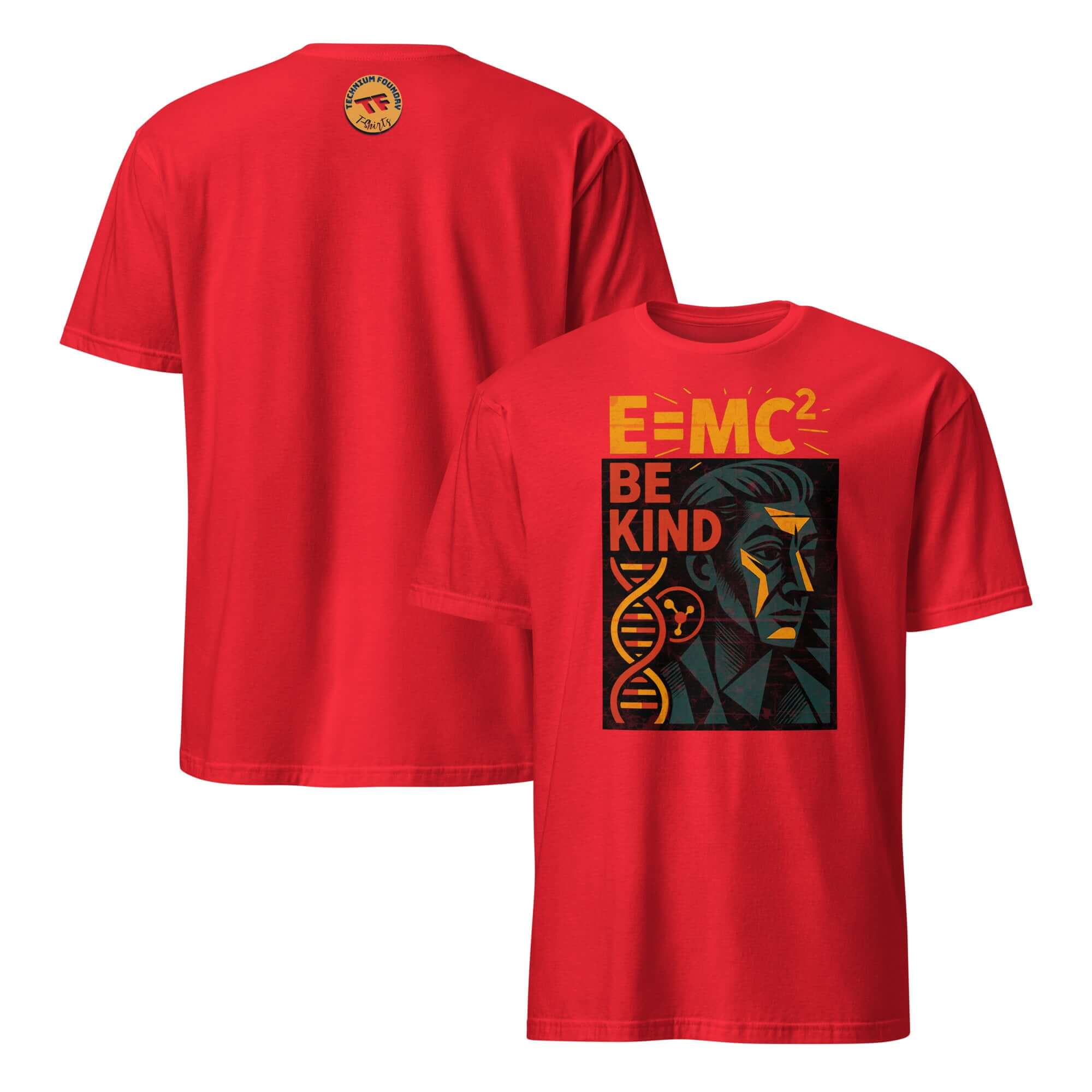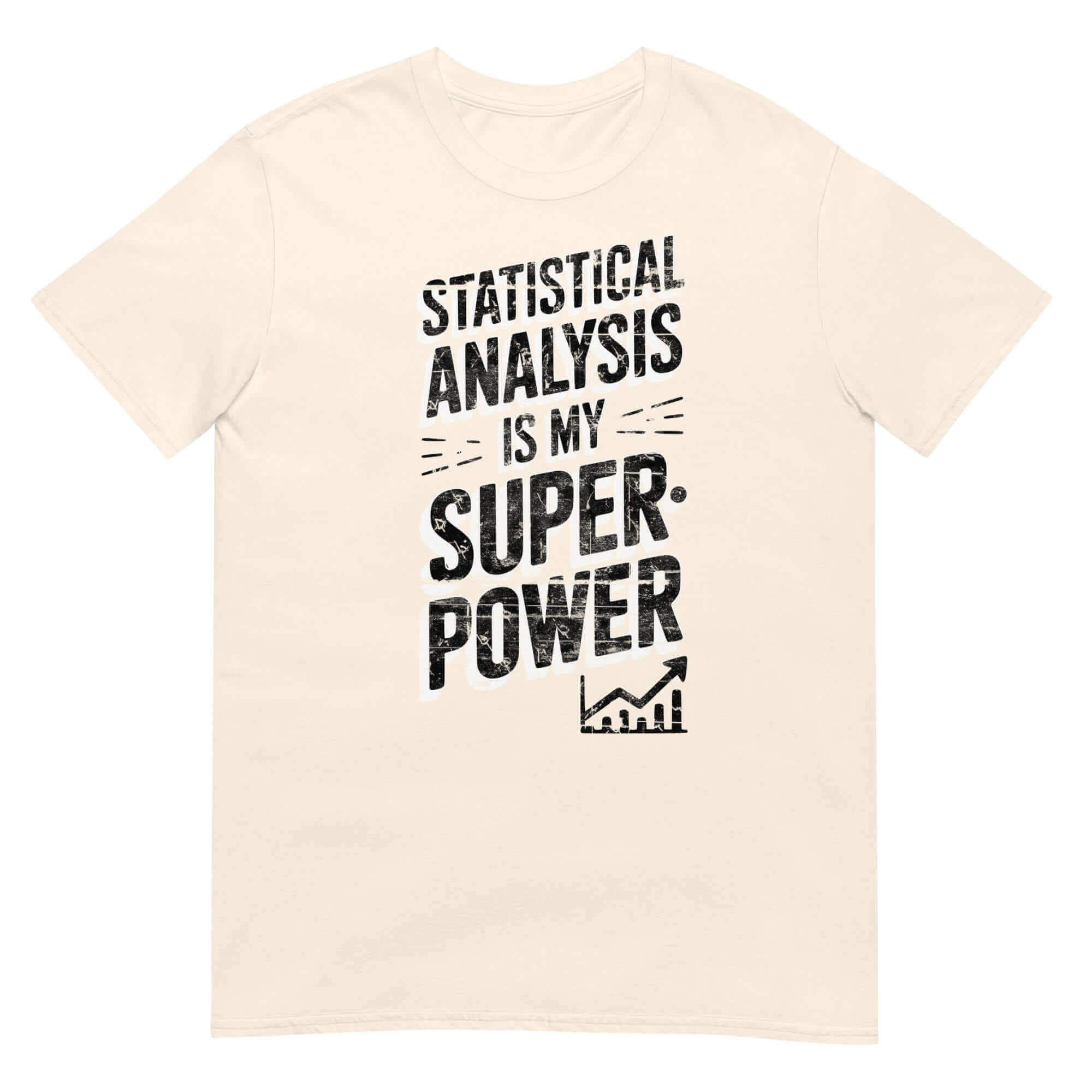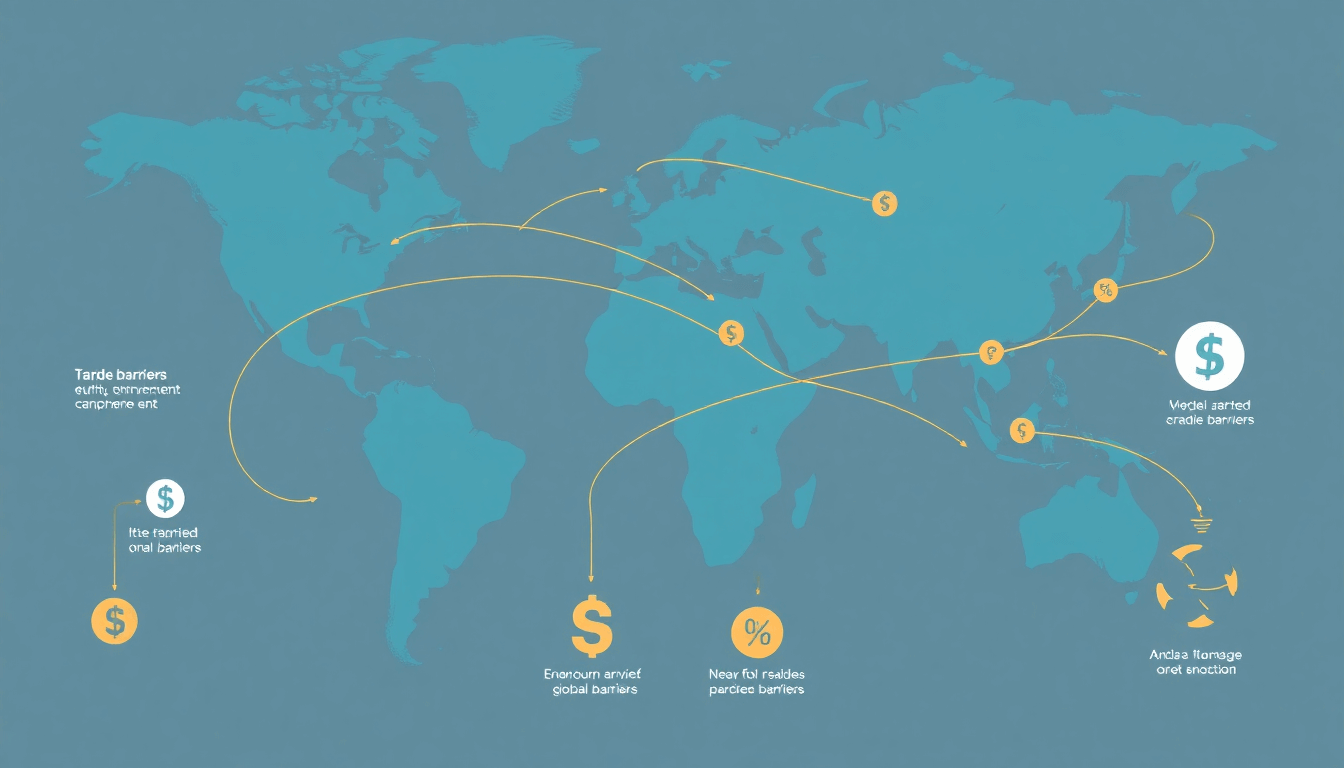It's a Friday night and you're hunched over your laptop, eyes glued to the screen as you meticulously comb through a 50-page research paper, your trusty red pen poised and ready to unleash a torrent of constructive criticism. To the uninitiated, this may seem like the antithesis of romance, but for us academic lovebirds, this is our idea of a steamy date night.
You see, in the world of research and higher education, peer review is the ultimate expression of affection. It's our way of saying "I care about the quality of your work and I'm willing to invest my time and energy to help you make it better." It's a dance of intellectual passion, where we gracefully exchange feedback, challenge each other's assumptions, and ultimately, elevate the collective understanding of our field.
But don't just take my word for it. Let's dive into the science (pun intended) of academic romance and explore how you too can find your perfect research partner.
Click here for the appropriate t-shirt
The Courtship of Collaboration
The foundation of any successful academic relationship is a shared passion for a particular subject matter. Whether it's the intricacies of quantum mechanics or the sociopolitical implications of 18th-century literature, finding someone who gets just as excited about your niche as you do is crucial.
Think of it like speed-dating, but instead of discussing your hobbies and favorite movies, you're trading insights on the latest breakthroughs in your field. The more you can geek out together over the nuances of your research, the more likely you are to find your intellectual soulmate.
Of course, shared interests are just the beginning. The real magic happens when you start collaborating on projects. Peer review is the ultimate test of compatibility, where you get to see how your partner handles constructive criticism, how they incorporate feedback, and how they navigate the delicate dance of academic discourse.
It's like a first date, but instead of trying to impress each other with witty banter, you're trying to impress each other with the depth of your knowledge and the rigor of your analytical skills. And let me tell you, there's nothing more attractive than a well-reasoned, meticulously cited argument.
The Art of Peer Review
Now, I know what you're thinking: "Peer review? Isn't that just a necessary evil, a tedious task we have to endure to get our work published?" Well, my dear academic, I'm here to tell you that peer review can be so much more than that.
Think of it as a love language, a way to show your partner that you truly value their work and are invested in their success. When you take the time to carefully read through their manuscript, to offer thoughtful suggestions, and to push them to refine their ideas, you're saying "I see you, I hear you, and I want to help you be the best researcher you can be."
And let's not forget the thrill of the back-and-forth. The heated debates, the passionate exchanges, the moments of epiphany when you both realize you're onto something groundbreaking – it's the academic equivalent of a rom-com meet-cute.
Of course, like any relationship, peer review has its challenges. There's the inevitable tension of defending your own work, the occasional hurt feelings when your ideas are challenged, and the ever-present specter of academic politics. But if you can navigate these waters with empathy, respect, and a shared commitment to advancing knowledge, you'll find that peer review can be the glue that binds you together.
The Rewards of Academic Romance
So, what's in it for you, the budding academic lovebird? Well, the benefits are manifold, my friends.
First and foremost, there's the sheer intellectual stimulation. Imagine having a partner who not only understands the nuances of your research but also pushes you to think deeper, to question your assumptions, and to explore new avenues of inquiry. It's like having a personal think tank, a sounding board for your wildest ideas.
And let's not forget the practical perks. Collaborating on research projects can open up new funding opportunities, expand your professional networks, and even lead to co-authored publications – the academic equivalent of a couples' vacation to the Maldives.
But perhaps the greatest reward of all is the sense of camaraderie and mutual support. In a world that can often feel isolating and competitive, having a partner who "gets" you, who celebrates your successes and commiserates with your setbacks, can be a true lifeline.
So, if you're tired of the endless swiping, the awkward first dates, and the disappointment of ghosting, maybe it's time to turn your attention to the academic world. After all, what could be more romantic than a passionate exchange of peer review comments?
















